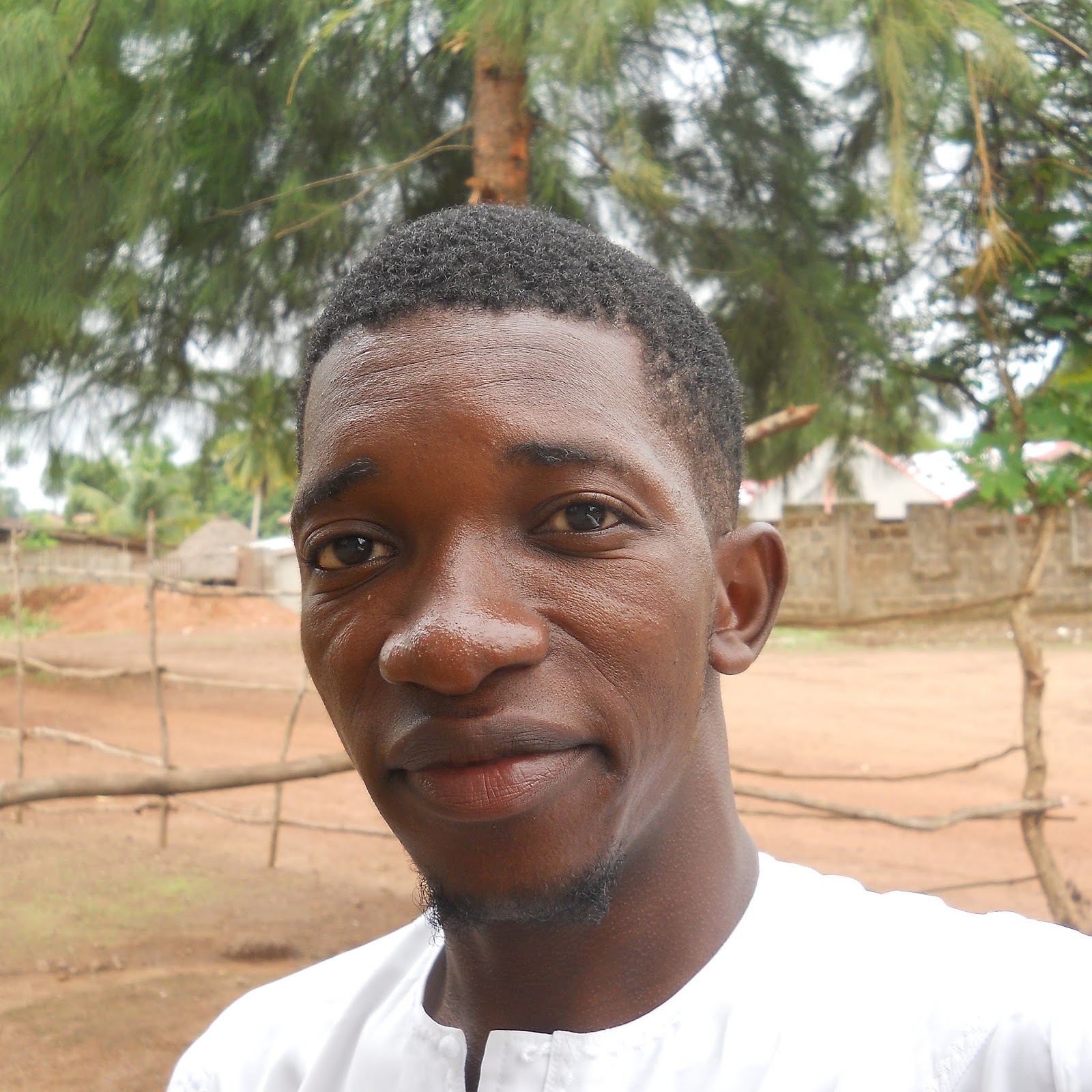Government’s proposal to depoliticize local councils, a toss for harmony to end aged political divide in Sierra Leone
By: Alusine Rehme Wilson
Since independence, politics has gradually infiltrated every facet of society in Sierra Leone as bad governance has a rich history emanating from post-colonial administrators whose political activities pioneered regionalism, nepotism, favoritism and sectionalism that is experienced in modern politics of the country.
This deeply entrenched menace has eaten every fabric of society thereby affecting the lives of the ordinary citizens as party politics has undermined the positive sense of national identity needed to build a strong and unified independent nation.
The Media Reform Coordinating Group-Sierra Leone (MRCG-SL) with support from Africa Transitional Justice Legacy Fund (ATJLF) towards this piece to uncover some of the findings of the Truth and Reconciliation Commission (TRC) identified as root causes for the underdevelopment, political divide, hatred, nepotism and tribalism ravaging the people of Sierra Leone.
This is further to shed light on the latest announcement by the Government of Sierra Leone through the Ministry of Local Government committed to take steps to depoliticize local councils to strengthen the decentralization process thereby ensuring development throughout the country.
According to the findings of the TRC report, the establishment of the Colony and the Protectorate, rather than setting up a unified Sierra Leonean state, the colonial government effectively created two nations in the same land.
The colonial capital Freetown, known as the Colony, and the much larger area of provincial territory, known as the Protectorate, were developed separately and unequally.
The colonial government did formalize the common law in the Colony yet abandoned the development of customary law in the Protectorate, thus producing two separate legal systems that persevere to the present day.
The impact of colonial policies and practices, including those relating to citizenship, ownership of land, land tenure rights and conflict of laws, was far-reaching. People in the Colony witnessed social, political and economic development and access to vital resources such as education.
The divide between the two entities bred deep ethnic and regional resentment and destabilized the traditional system of Chieftaincy.
In 1947, a new Constitution was proposed in lieu to prepare the country for independence. This Constitution merged the Colony and the Protectorate into a single political entity, but divided their elite representatives into opposing factions, each dedicated to protecting the interests of its own people.
In due course these factions formed themselves into narrow, regionally based political parties with little or no national agenda. Party politics became the greatest obstacle to national cohesion and identity.
Party allegiance was just as acrimonious as ethnicity, class or regional prejudice in the battle over who should succeed the British.
On the edge to independence in 1961, the ten-year-old Sierra Leone People’s Party (SLPP) was joined in the political arena by the All People’s Congress (APC), and become the main opposition in contesting elections.
The SLPP majority party formed the first post-colonial government in 1961 but the 1962 elections then revealed the depths of ethnic and regional polarization in Sierra Leone and the superficiality of the ideological differences between the opposing parties.
The SLPP retained power by winning most of its seats in the South and East of the country, which were predominantly populated by Mende people. The SLPP government was therefore labeled as a Mende government.
This image polarized public opinion in the country, introduced notions of cronyism in many state institutions and laid the foundations for military involvement in politics. The period had terrible, albeit foreseeable consequences on the unity of the young state and served to deepen existing cleavages.
The 1967 elections were scarred by bitter power struggles based on ethnicity, personality and party affiliation. Although the APC won the most seats, the leadership of the SLPP stoutly refused to concede defeat. The resultant standoff signaled a watershed in the political fortunes of the country and ultimately led to the destruction of the multi-party system.
But the prolonged stay in power of the All People’s Congress who used internal security concerns as a pretext to stifle the hopeful democratic culture. All the institutions of the state were subjected to strict party control and Siaka Stevens, the new President of the Republic of Sierra Leone, adopted an increasingly authoritarian approach.
Under the APC, central government sustained itself through corruption, nepotism and the plundering of state assets. These practices were replicated at regional and local levels, where Chieftaincy became synonymous with power, patronage and control of resources. When Sierra Leone adopted a one-party constitution in 1978, any semblance of accountability or effective opposition had already been eliminated. Historical trends like economic decay and fragmentation of the national spirit were exacerbated under the one-party system and became key causes of the conflict.
Neither the SLPP nor the APC made any genuine effort to attend to the humiliation of the post-independence politics and economy of the country.
On the contrary, history speaks of a systemic failure, whereby all the members of the political elite belonged to the same failing system. While they claimed to be ideologically different, in reality the two parties shared a brand of politics that was all about power and the benefits it conferred. Unfortunately, these characteristics still persist today in Sierra Leone.
Those in local councils are of the belief that once the ruling party is not theirs, they are reluctant to participate in its development processes at the expense of the people they are representing.
But the ideas on floor suggested by the ruling SLPP to depoliticize local councils from party politics will improve the transitional, political, economic and social status of the country, halting the aged party loyalty and will bring citizens closer to government.
As stated in recommendation 252 of the TRC recommendation that “such efforts will bring government closer to the people and will also permit greater participation in the development process. Hopefully, these efforts will result in improved delivery of public service.”

Comments
Post a Comment